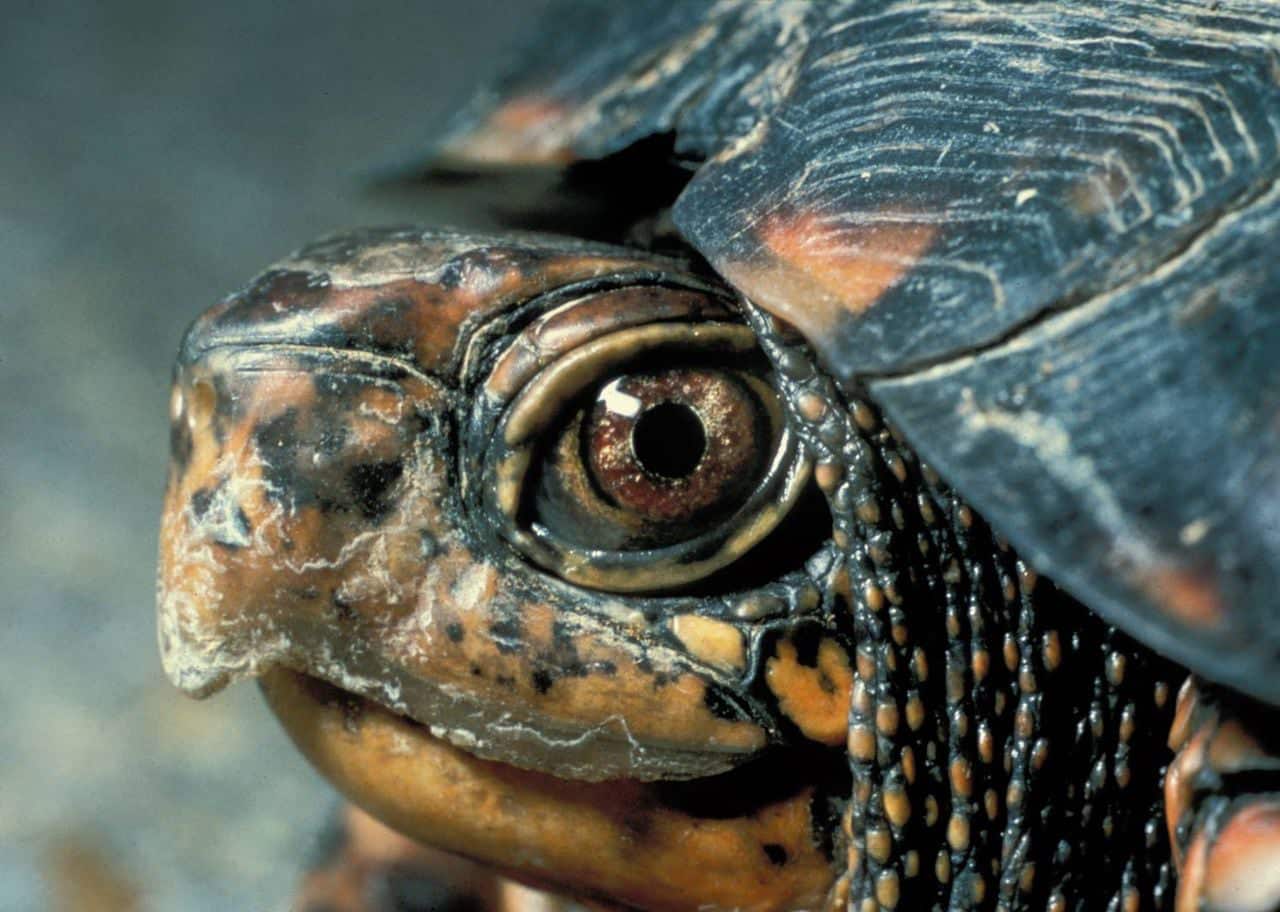South Carolina Gov. Henry McMaster signed a bill last week that bans the trade of the state’s native turtles, hopefully ending poaching of these repti
South Carolina Gov. Henry McMaster signed a bill last week that bans the trade of the state’s native turtles, hopefully ending poaching of these reptiles for the food, pet and “traditional medicine” trade in China and elsewhere in Asia.
The new law prohibits the selling, bartering, trading, shipping or otherwise removing from the state, 13 native turtle species. Exceptions include limited personal possession as well as for scientific, zoological and conservation purposes.
The protected turtles include:
- Florida cooter (Pseudemys floridana)
- river cooter (Pseudemys concinna)
- chicken turtle (Deirochelys reticularia)
- eastern painted turtle (Chrysemys picta)
- spiny softshell turtle (Apalone spinifera)
- Florida softshell turtle (Apalone ferox)
- eastern mud turtle (Kinosternon subrubrum)
- striped mud turtle (Kinosternon baurii)
- common musk turtle (Sternotherus odoratus)
- yellow-bellied slider (Trachemys scripta)
- common snapping turtle (Chelydra serpentina)
- eastern box turtle (Terrapene carolina)
- diamondback terrapin (Malaclemys terrapin)
The species above cannot be possessed, sold, bartered, traded, shipped, or removed from the state in any form, including parts, products, eggs, offspring or any derivatives.
The following are personal possession limits, subject to an aggregate limit of 10:
- Florida cooter (Pseudemys floridana): 5
- river cooter (Pseudemys concinna): 5
- chicken turtle (Deirochelys reticularia): 5
- eastern painted turtle (Chrysemys picta): 5
- spiny softshell turtle (Apalone spinifera): 5
- Florida softshell turtle (Apalone ferox): 5
- eastern mud turtle (Kinosternon subrubrum): 5
- striped mud turtle (Kinosternon baurii): 5
- common musk turtle (Sternotherus odoratus): 5
- yellow-bellied slider (Trachemys scripta): 5
- common snapping turtle (Chelydra serpentina): 5
- eastern box turtle (Terrapene carolina): 2
- diamondback terrapin (Malaclemys terrapin): 2
The South Carolina Department of Natural Resources may increase the limit for certain scientific, zoological, conservation, or other special purposes. The department will also have the power to manage native reptile and amphibians by limiting and permitting their sale, trade, possession and transportation.
“This is a big win for South Carolina’s native turtles,” Rick Hudson, president of the Turtle Survival Alliance, said in a statement released to the media. “While the state’s species continue to face threats, the capture of wild turtles for commercial gain is no longer lawfully one of them. But one of the most important outcomes of this legislation is that it effectively closes an often-exploited loophole that allowed species protected in neighboring states to be laundered through South Carolina.”
The law also makes it illegal to release captive non-native species into the wild as well as prohibit or otherwise restrict the possession of non-native species that may pose risks to humans or the ecosystems in the state.



